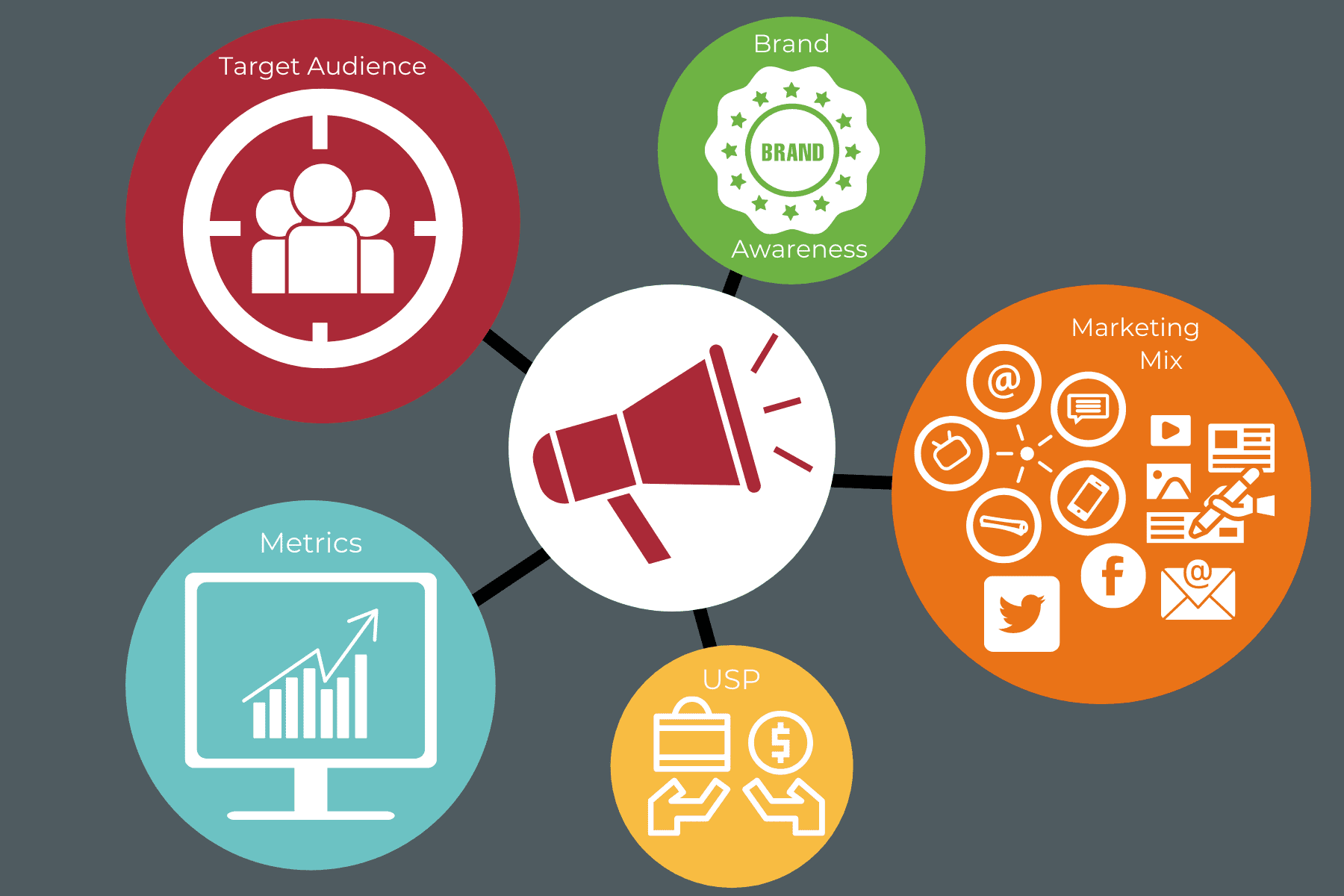Communication in business can be funny. It’s like a game of telephone but with much more at stake than a silly message. One minor miscommunication can lead to significant misunderstandings and lost deals. But fear not, savvy business folk—there are ways to navigate the treacherous waters of office communication.
Did you know that nearly 50% of all professional emails are misunderstood? It’s a wonder anyone gets anything done! But don’t fret – you can improve your email game with simple tips. Start using clear subject lines and bullet points to make your message easy to follow. And, for the love of all that is holy, proofread before hitting send. Nothing says “I’m not paying attention” like a message riddled with typos.
But email isn’t the only way we communicate in business. There’s also the ever-present meeting, where everyone seems to know what’s going on. And let’s not forget about conference calls, where it’s anyone’s guess who’s speaking at any given moment. It’s like a game of verbal dodgeball, where the goal is to avoid getting hit with awkward silences and accidentally interrupting someone.
What is MarCom?
MarCom or Marketing Communication represents creating, delivering, and managing marketing messages to promote products or services to a target audience. That includes direct marketing, advertising, branding, packaging, sales presentations, your online presence, printed materials, PR activities, sponsorships, trade show appearances, and marketing channels.

The main characteristics of marketing communication are:
- MarCom refers to the communication strategies and tactics businesses and organizations use to promote their products or services to their target audience.
- It encompasses a range of activities, including advertising, public relations, sales promotions, direct marketing, and personal selling.
- MarCom’s ultimate goal is to create awareness, generate interest, and influence potential customers’ purchasing decisions.
- MarCom strategies are based on understanding the target audience, preferences, and behaviors.
- MarCom messages must be clear, concise, and consistent across all channels to avoid confusion and convey the intended message to the audience.
- The effectiveness of MarCom campaigns is measured through various metrics, such as brand awareness, sales volume, customer engagement, and return on investment (ROI).
- MarCom requires continuous monitoring and evaluation to adapt to changing market conditions and audience preferences.
- MarCom is an essential component of any business or organization’s overall marketing strategy, and it can play a crucial role in shaping its brand identity and reputation.
Marketing Communication, or MarCom, is a vital aspect of any business. Through effective marketing communication, companies can build their brand image, increase market share, and boost revenue.
Marketing communication comprises various channels such as advertising, public relations, personal selling, direct marketing, and sales promotion. Each of these channels plays a unique role in conveying the brand message to the target audience. For instance, television or social media advertising is suitable for a broad reach, while personal selling allows for a more personalized approach.

Research has shown that effective marketing communication is pivotal in shaping customer attitudes and behavior toward a brand. It helps create brand awareness, develop brand loyalty, and influence purchasing decisions. Marketing communication campaigns that use storytelling, emotional appeal, and interactive communication are effective.
With the advancement of technology and changing consumer preferences, marketing communication has been evolving rapidly. As a result, digital marketing communications have gained significant popularity, with businesses leveraging social media, email marketing, search engine optimization, and pay-per-click advertising to reach their target audience.
In conclusion, marketing communication is an integral part of a business strategy, and when executed effectively, it helps to achieve the desired outcomes. Through various communication channels, storytelling, and interactive communication, businesses can create a brand image that resonates with their target audience, increasing revenue and growth opportunities.
MarCom shows how the company urges, informs, and educates its customers about its brands and products directly or indirectly. MarCom uses different marketing tools and combined channels. Marketing tools include communication, advertising, social media, direct marketing, and personal selling. Marketing Communication Channels focus on how the business communicates its message to its market in general. MarCom interacts with customers through social media like magazines, newspapers, direct mail, radio, the internet, and television.
Marcom helps companies connect their brands with experiences, events, people, places, and emotions. It enables companies to showcase how a product works, its use cases, why it is used, who benefits from it, and its value to the specific target audio. Marcom presents a company’s voice and brands, enabling it to dialogue and build strong, healthy consumer relationships.
Marketing communication, or Marcom, is a subset of marketing that uses particular promotional policies to execute complete marketing strategies. In contrast, marketing is the inclusive term for developing strategies to satisfy and build healthy customer relations by engaging with products and messages. Marketing is a discipline that must inform everything in the business, and Marcom determines how to communicate what has been decided for a business relationship or value exchange.
Common goals of marketing communication
- Build brand awareness: Marketing communication aims to increase brand recognition and familiarity among the target audience.
- Generate interest: Marketing communication seeks to generate interest and curiosity about the product or service the business offers.
- Create desire: Marketing communication aims to create a passion for the product or service among potential customers.
- Stimulate action: Marketing communication aims to motivate customers to take action, such as making a purchase or signing up for a service.
- Build customer loyalty: Marketing communication seeks to build long-term customer relationships by fostering trust, dedication, and positive associations with the brand.
- Establish thought leadership: Marketing communication can help businesses establish themselves as thought leaders in their industry or field, positioning themselves as experts and authorities.
- Enhance reputation: Marketing communication aims to improve the business’s reputation by emphasizing its positive attributes, such as quality, reliability, and customer service.
- Support sales efforts: Marketing communication can support sales by providing potential customers with information, incentives, and other tools to facilitate decision-making.
Conclusion
The effectiveness of marketing communication can be seen in how it helps businesses connect with their target audience and promote their products and services to generate revenue. With the advent of the internet and the proliferation of social media platforms, marketing communication has become more sophisticated and targeted, making it more important for businesses than ever before.
Effective marketing communication strategies require a deep understanding of the target audience, needs, and preferences. Businesses can attract and retain customers, build strong brand loyalty, and increase revenue by creating compelling marketing messages that resonate with the audience. With the help of effective marketing communication, companies can differentiate themselves from their competitors, increase their market share, and cost-effectively achieve their objectives.
Therefore, it is safe to say that marketing communication is a crucial driver of business success. With its ability to connect businesses to their target audience, promote products and services, and drive growth, it plays an integral role in shaping the future of any organization. Hence, businesses should invest in creating effective marketing communication strategies to ensure their success in today’s competitive market.
- Facebook Ads to Get Followers! - December 27, 2024
- ClickUp vs. Slack - December 20, 2024
- Mastering E-Commerce Analytics: A Blueprint for Success






